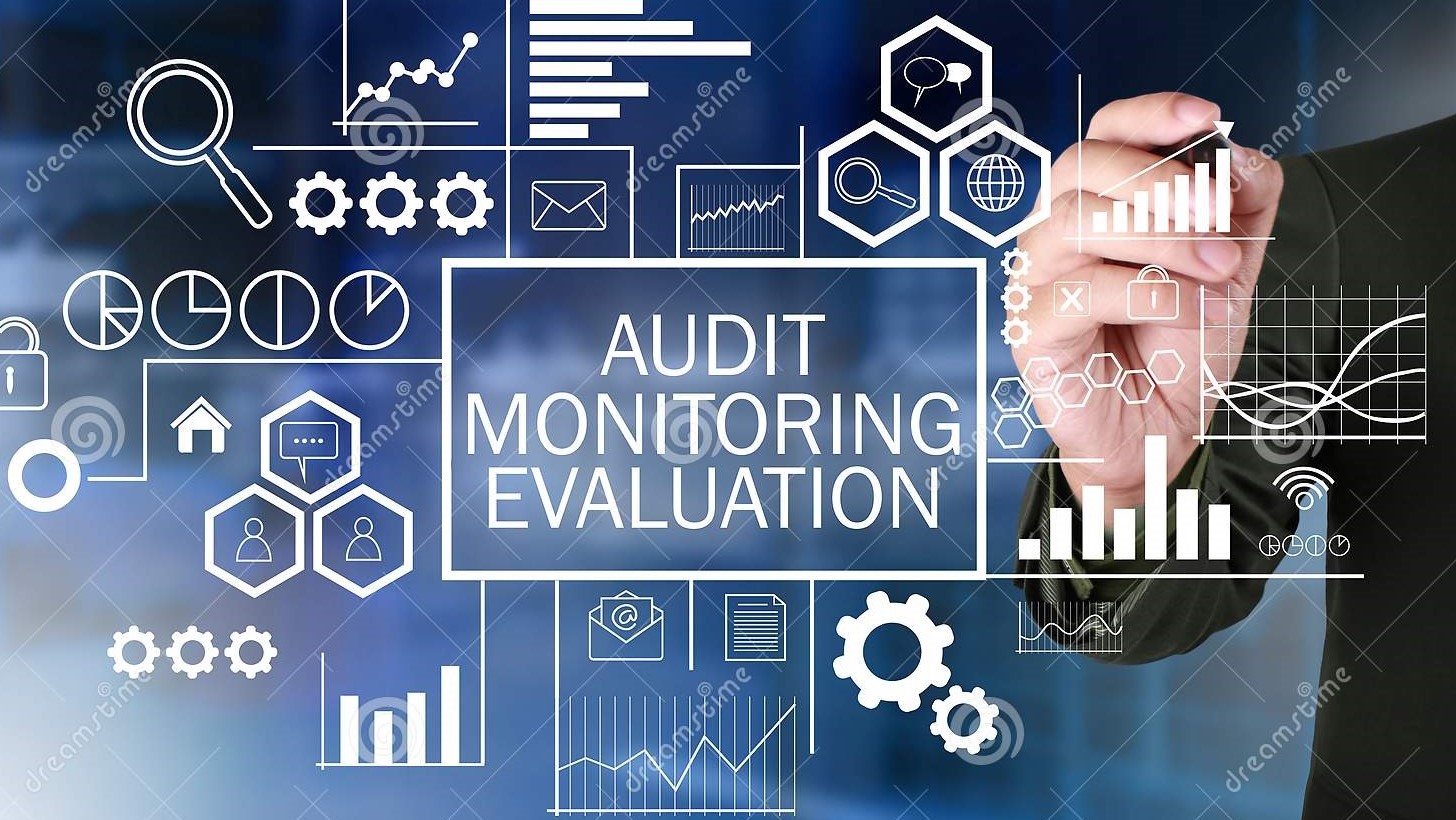
We have all heard the term ‘Auditing’ at some point in our lives and if you are wondering what it is, simply put, auditing is examining and finding a way to better existing processes to ensure adherence which allows businesses to scale with standardisation. With the world changing drastically, the auditing process has also been seeing a plethora of changes and most importantly the one where see a focus on safety, hygiene and quality and various other parameters that helps businesses grow.
Auditing is evolving but are businesses adapting to this change? This is where technology gets interesting. If you own a restaurant and you make just one pizza a day, your cost to maintain quality remains the same as for 1 pizza or even a 1000 pizzas. Where does technology start playing a role in such a field, and is the emergence of a new world order post a pandemic enough for businesses to throw light on auditing? Maybe a virtual auditor could do the job?
Auditing was previously predominantly done on paper, but with the technological advancements this has clearly changed. With this change, the need to be aware about data comes in, and in an era where the entire last decade was data collection and analytics has the potential to disrupt businesses worldwide by exponentially driving performance. Here is an experiment for you, try counting the number of cameras on a daily basis that looks at you. Cameras have become the mode of large scale data collection and studying human behavioural patterns helps in furthering organisational goals and also helps them modify undesirable behaviours. Surveillance cameras have evolved as a mode of keeping people in check.
The auditors must keep up with technological updates to ensure DATA IS JUST AS GOOD AS THE PERSON COLLECTING IT.
To help them in the audit process, audit professionals in the present day are harnessing the capabilities of data analytics software. Data analysis helps auditors to check irregularities in data trends or patterns and identify errors that the company may have made during their processes especially when looking at bulk data. It also helps them produce smarter, faster, and better results. Analysing both structured and unstructured data will help provide greater audit insights. But isn't all this post mortem? What happened to prevention is better than cure?
The pace of changes in the world of auditing is unprecedented. The interplay between human and artificial intelligence is a key focus, and firms will begin to seek employees who are digitally proficient. Auditors will increasingly need to draw on a broader range of skill sets because the demand for new assurance service lines will require expanded competencies that include information technology, data science and analytics. Technology is a driving force behind the audit of the future, but for making progress in methodology, standards and skill development is vital to support this growth. It sure is an exciting time for the profession but also one that requires focus and understanding.
What if all this was done by a virtual employee who comes to work tirelessly through cameras? What does that feel like?